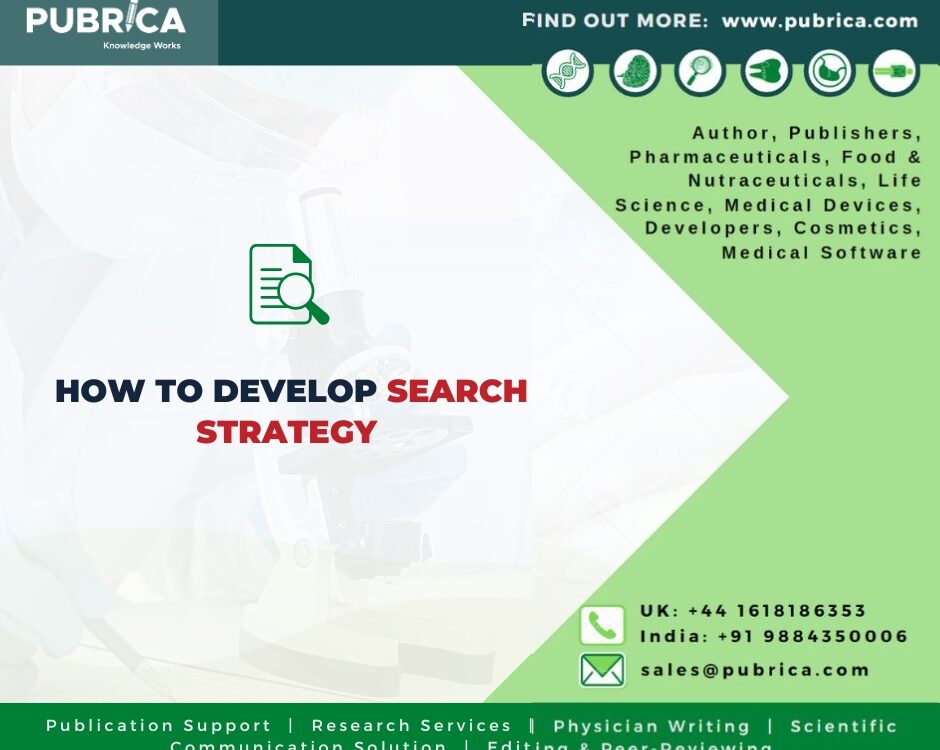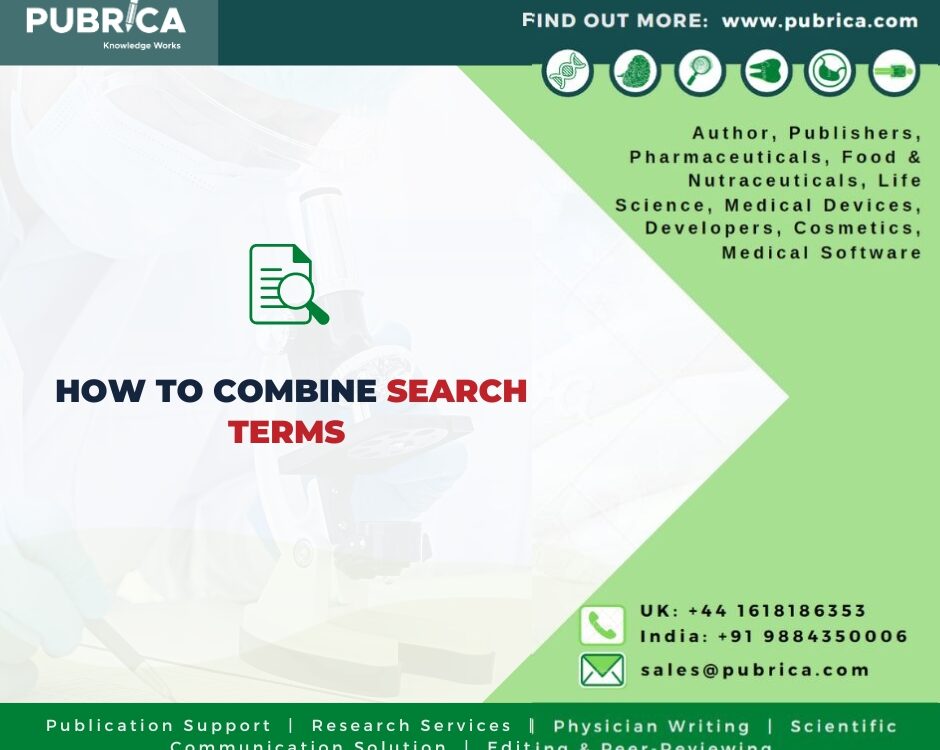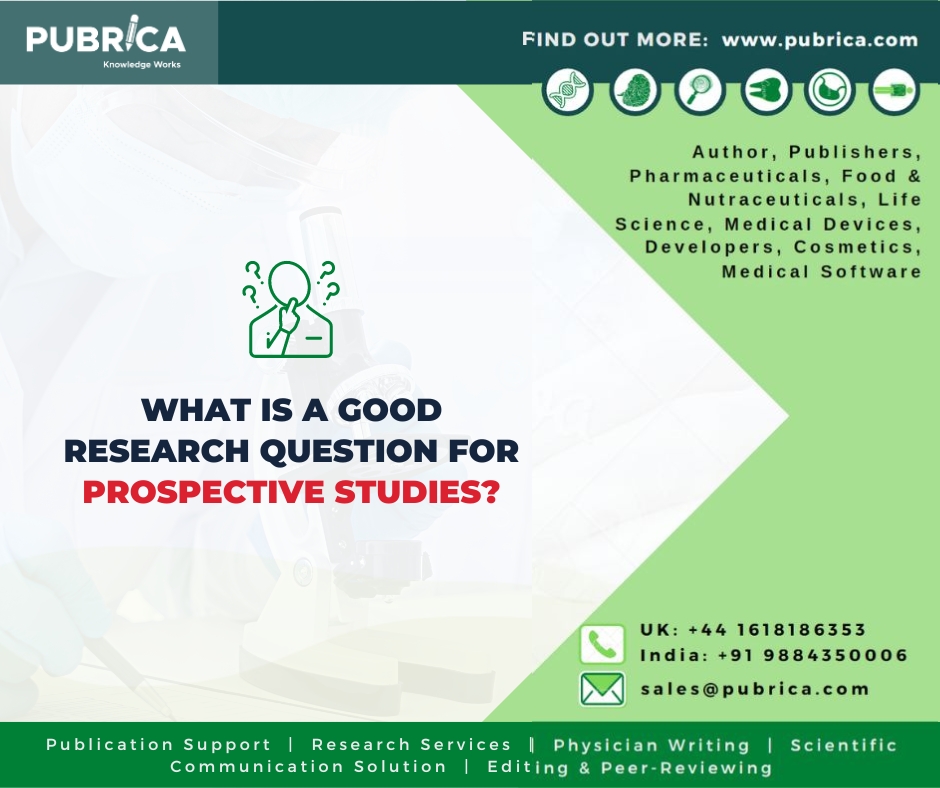
What is a Good Research Question for Prospective Studies?
April 28, 2023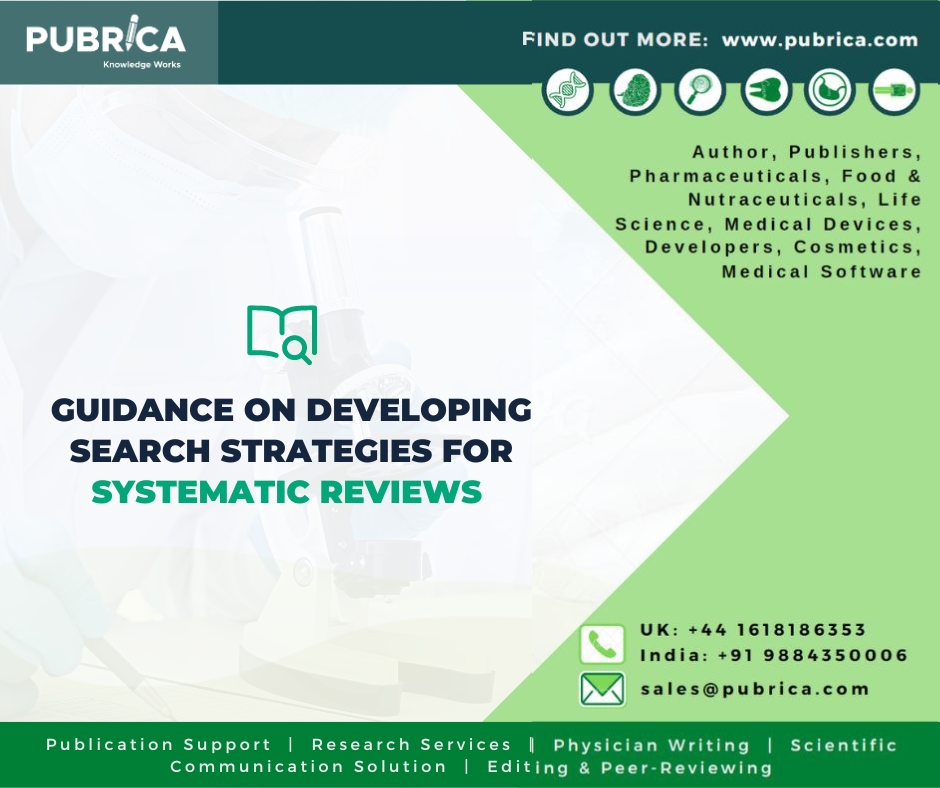
Guidance on Developing Search Strategies for Systematic Reviews
May 5, 2023In brief
A search word (or search query) has a simple definition. A search term is a single word or a string of words (search phrase) that a user enters into a search engine’s search box. Search engines, such as Google, evaluate search phrases to determine the user’s intent and offer the most relevant manuscript writing results.
Introduction
The most critical stage in your research process is selecting your search phrases.
- Identify the most effective 2 – 4 terms from your research topic using your research question. These are your main ideas.
- Make a list of synonyms or similar terms for each major theme. Use an online journal publication to look up synonyms and instances of your notions.
- To maximize your results, combine your search phrases using the approaches suggested in this tutorial.
- If your keywords do not provide as many results as you would like, try searching using Subject Term.
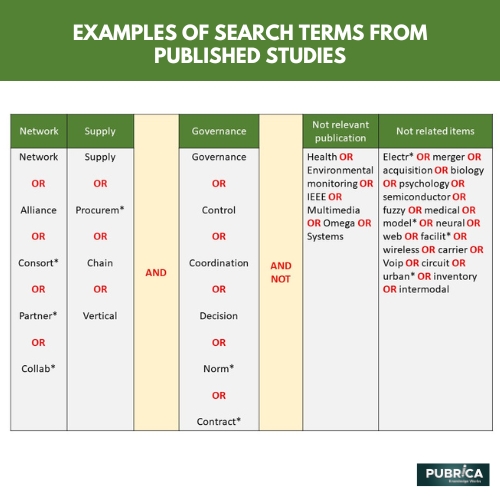
Here are some examples of search terms used in recently published systematic review papers:
- “Physical activity” AND “depression” AND “prospective cohort study”
Source: Zhang et al. (2021). Physical activity and risk of depression in middle-aged and older adults: A systematic review and dose-response meta-analysis of prospective cohort studies. Journal of Affective Disorders, 282, 474-482.
- “Physical activity” AND “cardiovascular disease” AND “dose-response”
Source: Kyu et al. (2016). Physical activity and risk of breast cancer, colon cancer, diabetes, ischemic heart disease, and ischemic stroke events: a systematic review and dose-response meta-analysis for the Global Burden of Disease Study 2013. BMJ, 354, i3857.
- “Green spaces” AND “mental health” AND “systematic review”
Source: Twohig-Bennett & Jones (2018). The health benefits of the great outdoors: A systematic review and meta-analysis of greenspace exposure and health outcomes. Environmental Research, 166, 628-637.
- “Workplace” AND “physical activity” AND “interventions”
Source: La Torre et al. (2021). Effectiveness of workplace physical activity interventions on physical activity levels and cardiometabolic health outcomes among sedentary office workers: A systematic review and meta-analysis. International Journal of Environmental Research and Public Health, 18(4), 1834.
- “Sedentary behaviour” AND “all-cause mortality” AND “prospective cohort study”
Source: Ekelund et al. (2016). Does physical activity attenuate, or even eliminate, the detrimental association of sitting time with mortality? A harmonized meta-analysis of data from more than 1 million men and women. The Lancet, 388(10051), 1302-1310.
These examples demonstrate the use of relevant search terms to identify studies for systematic review and meta-analysis, with a focus on the specific research question and population of interest.
About Pubrica
Pubrica’s research and writing employees create scientific and medical research papers that might be valuable resources for practitioners and authors. Pubrica medical writers help you create and rewrite the introduction by telling the reader about the gaps in the chosen study subject. Our professionals understand the order in which the broad topic, issue, and background are followed by the specific subject in which the hypothesis is presented.
Reference
Grewal A, Kataria H, Dhawan I. Literature search for research planning and identification of research problem. Indian J Anaesth. 2016 Sep;60(9):635-639. doi: 10.4103/0019-5049.190618. PMID: 27729689; PMCID: PMC5037943.


